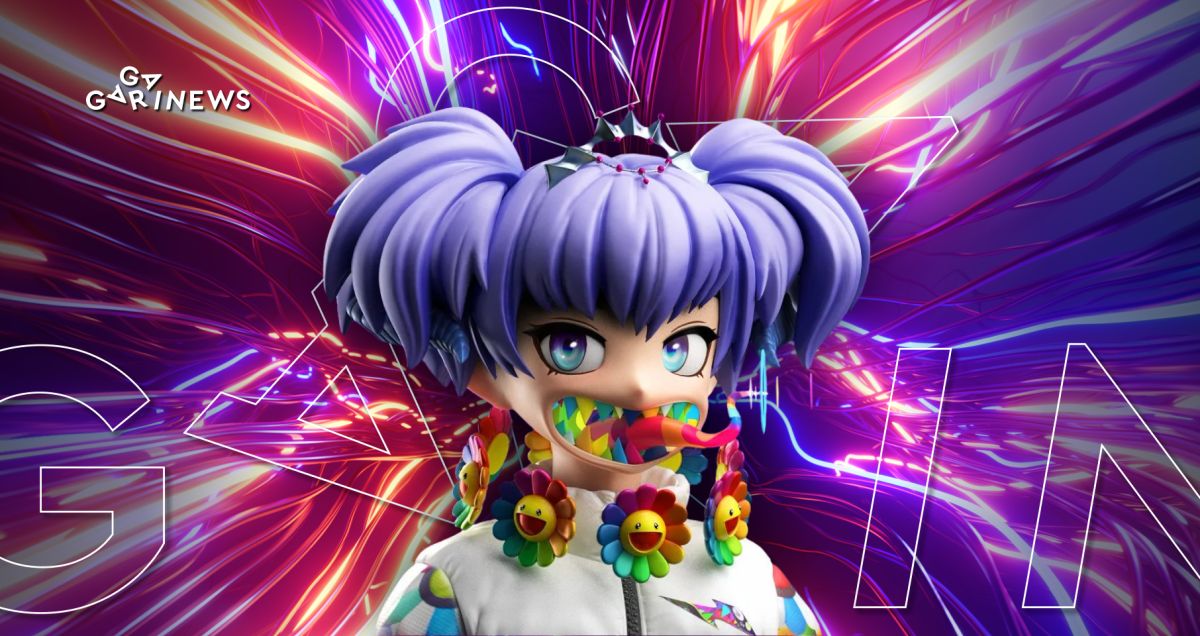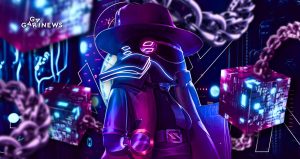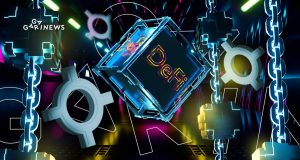Brands that have joined the NFT space

When a new Internet trend emerges, marketers tend to incorporate it into their advertising strategies. In recent years, an increasing number of brands have released NFT collections, launched products with non-fungible tokens, and introduced new technology.
According to a 2021 Hubspot survey, 14% of media planners saw the potential of using NFTs for marketing, and 16% of professionals planned to develop NFT marketing strategies in 2022.
NFTs are a fantastic tool for increasing sales and brand recognition because of their exclusivity and distinctiveness, as well as their emphasis on digital art.
While the public outside the crypto world believed that the fascination with the new “toy” would fade with time, the uniqueness of non-fungible tokens and their practical value in the field of copyright made them an excellent advertising tool.
Coca-Cola
Buyer received:
✨ A futuristic jacket with the company name on it.
✨ The Friendship card, inspired by the brand's 1940 artwork.
✨ Collectible vintage soda machine from 1956.
✨ Coca-Cola advertising sound visualizer with the pop of a bottle opening, and the sound of a beverage being poured over ice.
Coca-Cola NFT loot box. Source: Open Sea
Items can be used in the Decentraland metaverse. On top of that, the winning bidder received a real refrigerator fully stocked with Coke. The food giant donated the $575,883 proceeds from the NFT sales to Special Olympics International.
Coca-Cola has been releasing NFTs on a regular basis since its successful debut. The most recent collection of 10,000 non-fungible tokens was launched in conjunction with the Crypto.com exchange and was dedicated to the 2022 FIFA World Cup.
Adidas
In collaboration with Bored Ape Yacht Club, PUNKS Comic, and Gmoney, the company launched the first NFT collection on the Open Sea marketplace at the end of 2021. It belongs to the PFP NFT category and consists of various tracksuits that can be worn by the characters in their respective metaverses.
NFT from a collection called the Adidas Originals: into the Metaverse. Source: Open Sea.
Owners of the Adidas Originals collection have exclusive access to The Sandbox metaverse's premium features, as well as the ability to exchange NFTs for real exclusive brand goods.
Adidas released two more collections of non-fungible tokens for the metaverse in 2022: Impossible Box and Virtual Gear. Adidas and Prada collaborate on an NFT project on the Polygon blockchain.
McDonald’s
The fast food giant launched the first NFTs in November 2021. A series of animated cards featuring ten McRib sandwiches was created to commemorate the 40th anniversary of this dish and its temporary return to the menu. To generate buzz for the virtual item, McDonald's created a limited offer. Furthermore, users could only purchase NFTs if they retweeted the sandwich's announcement. About 100,000 people shared the post.
Nike
Nike also followed the NFT trend at the end of 2021. It purchased the popular RTFKT studio, which creates collectibles like digital sneakers and virtual clothes. The firm worked with NFT projects Atari and CryptoPunks, and artist FEWOCiOUS. Nike and RTFKT's collaboration ushered in a string of successful NFT collections.
NFT from the RTFKT x Nike Dunk Genesis CRYPTOKICKS Collection. Source: Open Sea.
Samsung
The world's largest producer of electronic devices announced the integration of NFT into its products in early 2022. In the beginning, Samsung released a line of Smart TVs that served as the introduction to the NFT world. This is a TV-based marketplace aggregator. It allows users to browse and purchase collectibles and digital art. The new Samsung product will also include an NFT creation function.
ArtToken platform on Samsung smart TV, IFA 2022. Source: Koreaherald
What other brands have released NFTs?
Non-fungible token collections have also been released by industry leaders such as Prada, Starbucks, Burger King, Louis Vuitton, Gucci, GAP, Dolce & Gabbana, Lamborghini, Pepsi, Puma, eBay, and Shopify.
There are hardly any significant businesses that still do not use NFTs for marketing. Small brands, inspired by the experience of the giants, are gradually introducing new technologies into their processes to remain competitive and attract new clients.
If the forecast is correct, the non-fungible token market will grow at a CAGR of 22% between 2022 and 2028, and NFT will soon become an integral part of the marketing strategy of all successful brands.
The content on The Coinomist is for informational purposes only and should not be interpreted as financial advice. While we strive to provide accurate and up-to-date information, we do not guarantee the accuracy, completeness, or reliability of any content. Neither we accept liability for any errors or omissions in the information provided or for any financial losses incurred as a result of relying on this information. Actions based on this content are at your own risk. Always do your own research and consult a professional. See our Terms, Privacy Policy, and Disclaimers for more details.





























